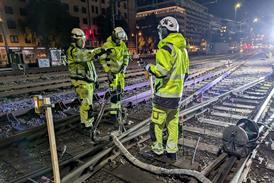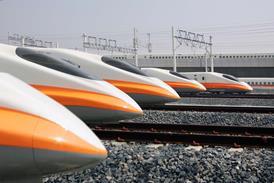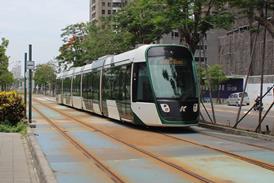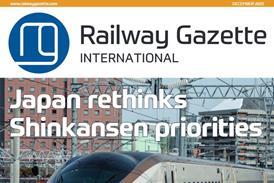Vancouver SkyTrain expansion funding announced
By Metro Report International2021-07-12T15:21:00

CANADA: Prime Minister Justin Trudeau has confirmed that the federal government would provide up to C$1·3bn to meet 40% of the cost of the proposed Surrey Langley Extension of Vancouver’s SkyTrain automated light metro network, subject to due diligence and the approvals process.
Already have an account? LOG IN
To continue…
You’ve reached your limit of content for the month
Get enhanced access to Railway Gazette news and weekly newsletters.

For almost 200 years, the Railway Gazette Group has been the leading provider of news, analysis and intelligence for the international railway industry. Our independent and authoritative content is read by operators, regulators and the supply industry in over 140 countries using a variety of tailored subscription packages.
Site powered by Webvision Cloud



